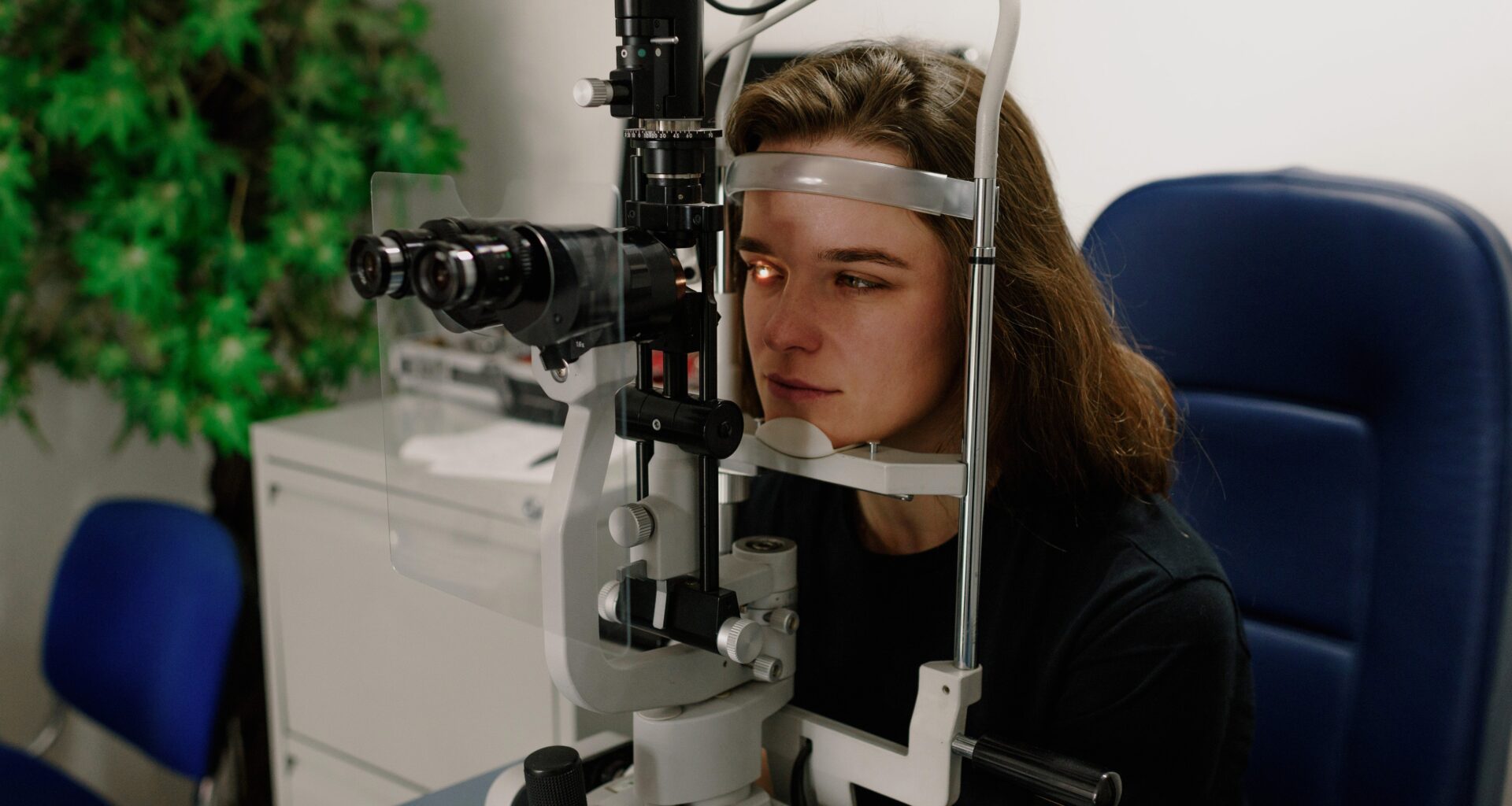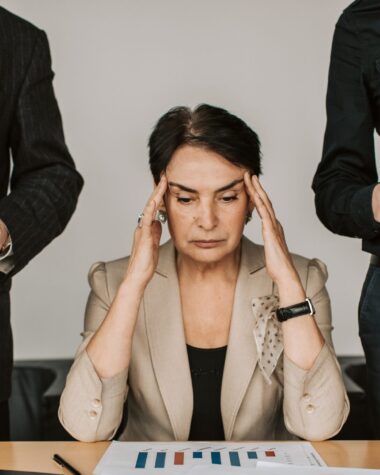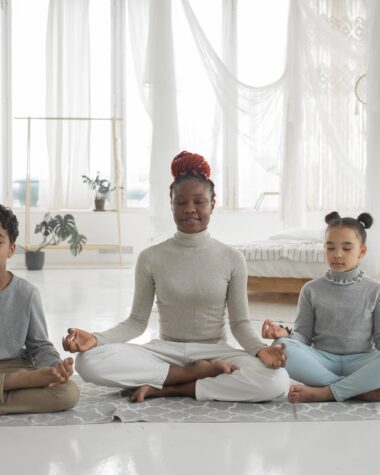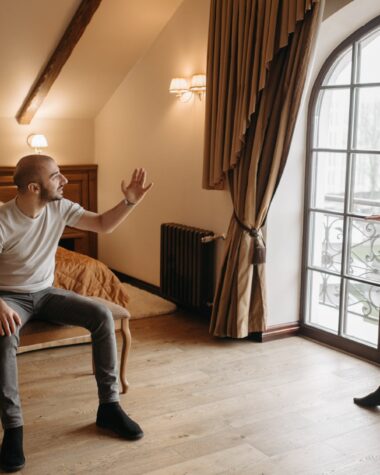What Is Vision Therapy?
Vision therapy is a treatment method for people with vision problems. It can range in duration from one session to two to three years. During this period, patients will undergo a series of at-home activities and office visits. Children who have poor visual skills are not able to keep up with grade-level reading and comprehension. As a result, vision therapy is an effective way to correct this problem. For more information about vision therapy, contact a local eye doctor.
Children With Visual Problems
Children with vision problems may not be aware of their condition when they are young, but if they do not receive treatment, they may grow up with them. As adults, they may experience fatigue, headaches, and difficulty reading. Sometimes, adults with visual problems don’t even enjoy watching 3-D movies. If vision problems are detected and treated at an early age, they can be successfully treated. Earlier diagnosis and treatment can make learning easier and sports more enjoyable.
As children age, they won’t tell you they have problems with their vision. They don’t have a baseline of comparison, and frustration is common. In adults, vision problems can arise because of the increasing demands placed on the eyes, injury, or a childhood vision condition. It’s important to seek eye care from a trained optometrist for a diagnosis of a vision problem at any age. A skilled eye doctor can prescribe corrective treatment or vision therapy based on your needs.
Who Needs Vision Therapy
Learning Disabilities in Children and Adults
Learning difficulties are one of the most common areas where vision therapy could be beneficial. Reading and writing might be challenging for some people. Others may have hard time-solving math difficulties. Learning issues necessitate a well-thought-out strategy. It’s possible that vision treatment will be used. It is possible to boost someone’s ability to study difficult things by teaching them how to grasp information on the page more rapidly. This could have a significant impact on a person’s overall quality of life.
Individuals wishing to improve their athletic abilities
People who seek to improve their sports performance can benefit from vision therapy. There is, for example, vision treatment for eye tracking issues. Playing sports necessitates the tracking of objects via space.
People who have trouble tracking objects in space may find it challenging to keep up with their peers. Children who can’t see a baseball go through the air, for example, may have difficulty catching or hitting it. This could indicate an issue with eye-tracking. Even those who are performing well in sports may be able to improve their abilities with vision therapy. The majority of vision rehabilitation plans include eye-tracking.
People whose eyes don’t see things the same way
Have you ever observed that covering one eye makes it harder to perceive depth? Only if your eyes operate together can you handle depth perception. In rare cases, your eyes may not be able to adjust as well as they should. This indicates that your binocular vision is off. Fortunately, vision treatment can aid in the resolution of this problem. You can have trouble with depth perception, eye contact, and reading if you have issues with binocular vision and accommodation. A vision therapist can assist you in addressing this issue and improving your vision.
Benefits Of Vision Therapy
Visual skills
The benefits of vision therapy are numerous. The therapy improves the visual skills of a person, including their eye-hand coordination, reaction time, and peripheral awareness. In addition, it improves the eye’s ability to focus, track, and visualize objects. In a high-tech society, the majority of people spend a great deal of time near a computer screen. This increases the risk of developing visual impairment.
Neurological Conditions
Vision therapy is an effective treatment for many neurological conditions that affect a person’s vision. In addition to helping individuals with vision-related issues, vision therapy improves the skills of people who play sports. It can help a person with a visual impairment improve his or her motor and cognitive abilities. Achieve the goals of sports, and learn to use their hands efficiently. If you or a loved one has visual problems, vision therapy is beneficial for your overall well-being.
Visual Problems
Vision therapy is an effective treatment for those with visual problems. It works on the connections between the brain and the eye. The therapy can improve a person’s visual skills, and help them be more efficient. Among other benefits, vision therapy can help a person with a learning disability. The aim of this treatment is to improve the skills of the individual and improve their performance in sports. A patient with a visual problem may benefit from vision training.
Healthy Lifestyle
Vision therapy is beneficial for a person of any age. Whether you are a child or an adult, vision therapy can help you maintain a healthy lifestyle. Symptoms of vision impairments may include a lack of peripheral vision, visual distortion, or visual loss. Additionally, people with a visual impairment may experience difficulties with their hand-eye coordination and other related functions. However, a vision therapist can improve these skills and improve a person’s quality of life.
Eye exercises
In addition to children and adults, people of all ages can benefit from vision therapy. While the majority of patients are children and adults are increasingly being treated with vision issues. Most of these patients have neurological problems, such as post-concussion. Moreover, many people are prone to eye strain or have other types of visual impairments, which require frequent eye exercises. Those with severe eye problems should consider vision therapy as a treatment option for their symptoms.
Also Read: How To Heal Yourself Using Laughter And Lightheartedness
Summary
While there are many people who can benefit from it, there are some conditions that can make it essential to have treatment for these problems. For example, those with neurological disorders can also benefit from vision therapy. Athletes often use it to enhance eye-hand coordination, visual reaction time, peripheral awareness, focusing, tracking, and visualization skills. In addition, the high-tech society demands that individuals perform a large amount of near work in front of a computer screen. Vision therapy can help people with vision problems see more clearly and perform better in activities that require sight. Vision therapy can also help people with other visual impairments, such as low vision, see more clearly.








